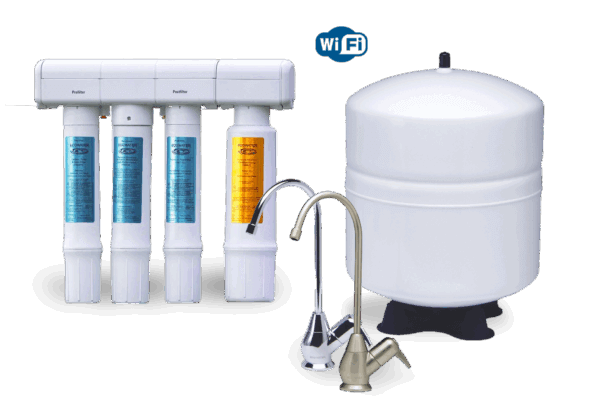Many believe your body’s pH level has much to do with your health. If your blood is too acidic, it can lead to a host of health problems – including digestive problems, fatigue, drowsiness and headaches. It could also lead to an increased risk of cancer. Helping your body become more alkaline can help decrease or remedy many of these problems, and an alkaline water machine is an easy way to get started.
At Angel Water, our mission is to make you and your family healthier. Besides our many other helpful products, we provide one of the best alkaline water machines for your home. Our Ecowater Alkaline/Remineralizing System can:
- Make your water taste better
- Be added as an upgrade to your existing RO system
- Make your body more alkaline
- Potentially decrease risks of getting cancer
- Potentially ease digestive problems, fatigue and headaches
- And Much More!

